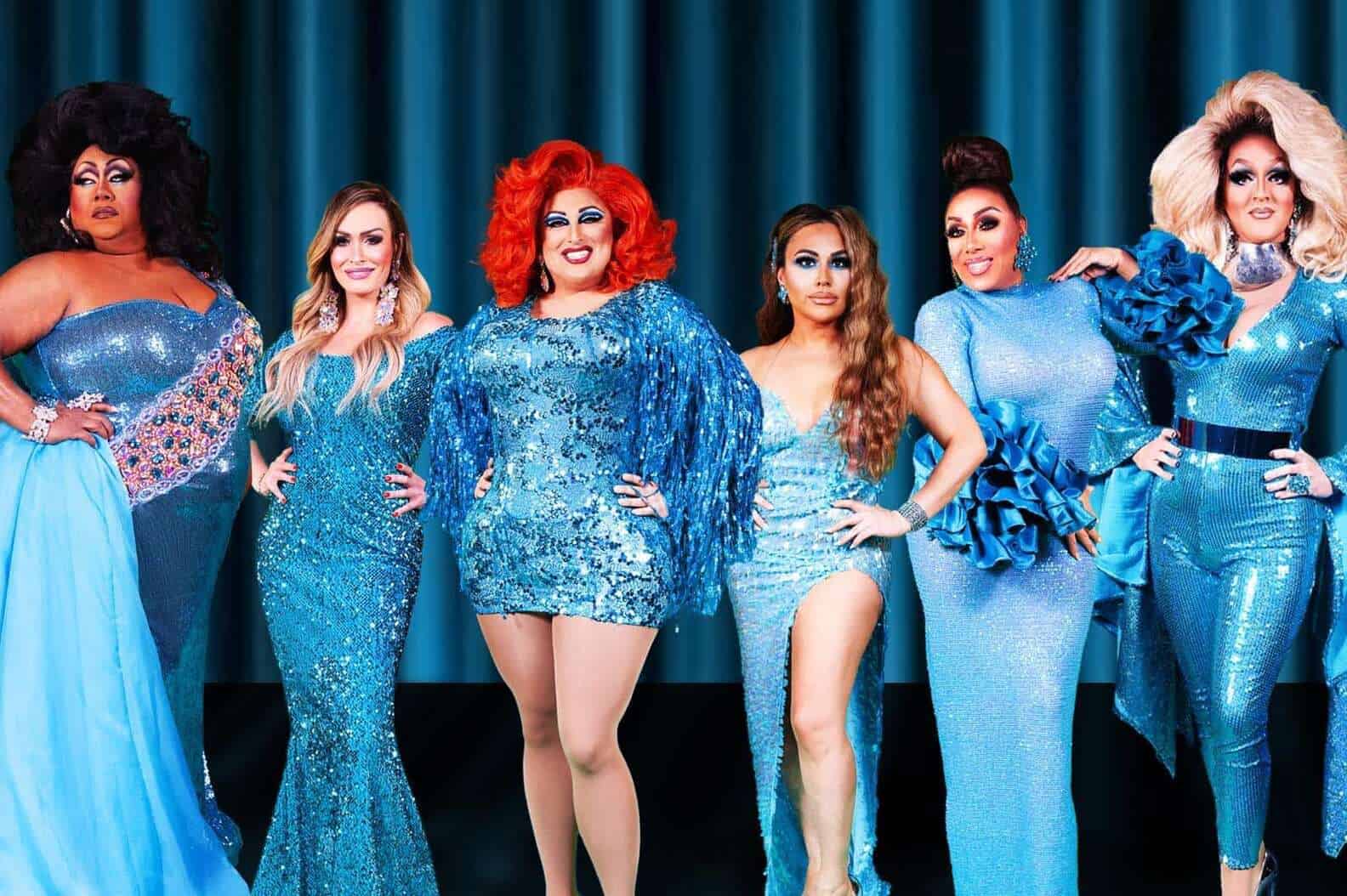Written by: CJ Wallace
For centuries, drag queens have emerged as powerful symbols of self-expression, creativity, and empowerment in the world. From their historical origins to their impact on contemporary culture, drag queens have played a significant role in challenging societal norms, promoting inclusivity, and fostering a sense of belonging. Today, in many states, this beloved and essential art’s very existence is in danger. We must fight back against bans violating basic American rights like freedom of expression. After all, drag queens have always been an integral part of the LGBTQIA+ community.
Timeline of Drag
Drag has its roots in theatrical performances, dating back to early civilizations. In ancient Greece, for example, male actors would often play female roles, wearing elaborate costumes and masks. This tradition continued in various forms throughout history, including in Elizabethan theater and the Commedia dell’arte in Renaissance Italy.
In the 19th and early 20th centuries, drag performances gained popularity in the music hall and pantomime traditions. Male performers would dress in women’s clothing, exaggerating femininity for comedic effect. These performances often involved singing, dancing, and humorous skits, becoming a staple of popular entertainment.
Drag queens became more prominent in LGBTQIA+ subcultures in the 20th century. In the early 1900s, during the Prohibition era in the United States, speakeasies and underground clubs provided spaces where drag performers could express themselves freely. In Harlem, New York, during the 1920s and 1930s, the LGBTQIA+ community thrived, and drag balls became popular, showcasing extravagant costumes and performances.
Drag artists have also played a crucial role in the LGBTQIA+ rights movement, especially during the 1960s and 1970s. The Stonewall Riots of 1969, a series of demonstrations in New York City, were ignited by a diverse group of LGBTQ+ individuals, including drag queens, who resisted police harassment and discrimination. This event marked a turning point in the fight for LGBTQIA+ rights and opened the door for a new generation of queens.
In recent decades, drag queens have gained increased mainstream visibility and recognition. Television shows like “The RuPaul Show” in the 1990s and “RuPaul’s Drag Race” since 2009 have introduced drag to a broader audience, showcasing drag performers’ artistry, creativity, and personal stories. Drag queens have also appeared in movies, music videos, and fashion campaigns, further solidifying their influence on popular culture. Drag has inspired members from all walks of life to express themselves. On RuPaul’s Drag Race alone, multiple queens identify as transgender, two of whom won the competition. Straight males, cisgender women, black, brown, white API, and every gender expression, sexual orientation, race and ability have participated. Drag is for everyone!
For years, Dallas has been a hotbed of drag talent, giving rise to internationally famous drag queens such as:
- Kennedy Davenport – @kennedyddoftx
- Shangela – @itsshangela
- Alyssa Edwards – @alyssaedwards_1
- Kerri Colby – @kerricolby
- Ra’Jah O’Hara (Winner of Canada v. The World) – @therajahoharashow
- Plastique Tiara – @plastiquetiara
- Asia O’Hara – @asiaoharaland
- LaGanga Estranga – @laganjaestranja
- Akeria C. Davenport – @mizakeriachanel
- Eliott with “2 Ts” – @therealelliottqueen
Advocating for Drag Queens
In recent years, there has been a concerning trend of attempts to ban or restrict the presence of drag queens in various contexts. Texas and Tennessee have made all ages drag performances illegal with vague and convoluted laws. These bans undermine the fundamental principles of freedom and equality and perpetuate harmful stereotypes and discrimination. Drag queens have played a pivotal role in increasing visibility and advocating for the rights of the LGBTQIA+ community. Through their performances, activism, and participation in pride events, drag queens have become powerful symbols of LGBTQIA+ empowerment. Their presence serves as a reminder that everyone deserves to be seen, heard, and celebrated, regardless of gender identity or sexual orientation. Here are several overarching arguments that can be made against banning drag queens:
Engaging in nuanced discussions and understanding the reasons behind any proposed ban on drag queens is essential. Some concerns may arise from misunderstandings, stereotypes, or biases that can be addressed through education and dialogue. Respecting diversity and fostering inclusivity allows societies to embrace the richness of human expression and support the rights and well-being of all individuals, including drag queens and the broader LGBTQ+ community. Drag queens are more than just performers; they are ambassadors of self-expression, advocates for equality, and catalysts for change. Through their resilience, artistry, and unapologetic authenticity, they inspire individuals to embrace their authentic selves and challenge societal expectations. In a world that still grapples with acceptance and inclusivity, drag queens remind us of the beauty and strength that lie in diversity. Let us celebrate and honor the significance of drag queens, for they are the shining beacons of empowerment and the embodiment of the human spirit’s infinite potential.
You can celebrate the art of drag every third Saturday of the month (January- November) at S4 on Cedar Springs. For more information, visit https://myresourcecenter.org/gaybingo/
